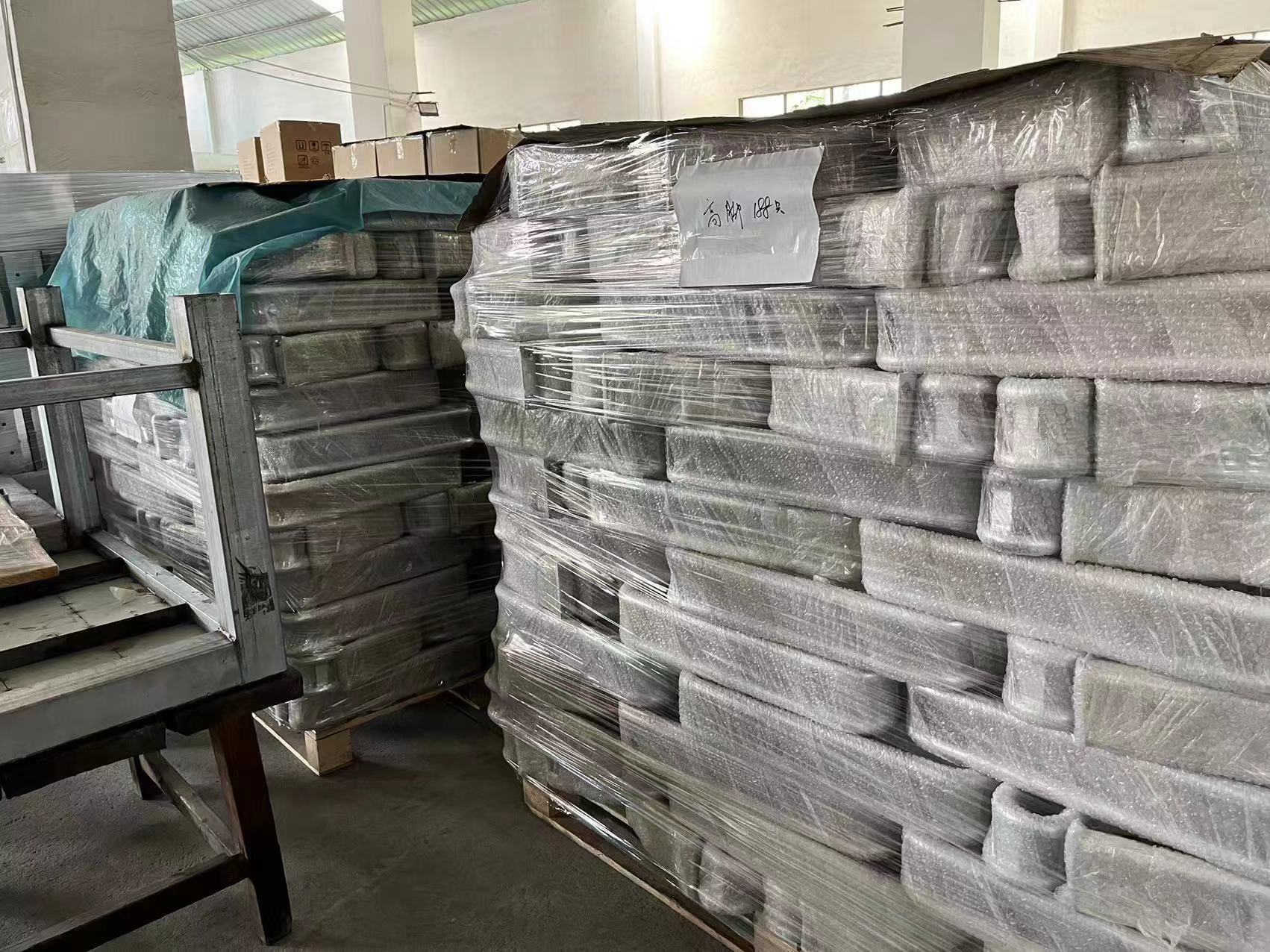Understanding Euro Pallets and Their Importance in Global Shipping Logistics
Understanding Euro Pallets A Key Component in Global Trade
In the world of logistics and supply chain management, Euro pallets, also known as European pallets or EPAL pallets, play a crucial role in the transportation and storage of goods. These standardized wooden pallets have become a symbol of efficiency in global trade, facilitating the movement of products across borders and industries.
The Standardization of Euro Pallets
Euro pallets conform to strict dimensions and specifications defined by the European Pallet Association (EPAL). The most common size measures 1200 mm x 800 mm, which is efficient for stacking and maximizing space in trucks and storage facilities. This standardization ensures that Euro pallets can be easily handled by forklifts and pallet jacks, making loading and unloading simpler and faster. The uniformity of Euro pallets also enables compatibility with various transport and storage systems, fostering a seamless flow of goods.
Durability and Sustainability
Euro pallets are renowned for their durability. Constructed from high-quality wood, they are designed to withstand heavy loads and multiple trips without significant wear and tear. Each Euro pallet can carry up to 1500 kg, making them ideal for transporting everything from industrial machinery to retail products. Moreover, their longevity means that they can be reused numerous times, making them a cost-effective solution for businesses.
Sustainability is another attractive feature of Euro pallets. The EPAL system promotes eco-friendly practices by encouraging the recycling and repair of damaged pallets. Businesses are incentivized to return their pallets for refurbishment, reducing waste and the need for new materials. This circular economy approach not only contributes to environmental preservation but also lowers costs for companies involved in logistics.
euro pallets

The Role of Euro Pallets in International Trade
Euro pallets are pivotal in international trade, especially within Europe. They facilitate the smooth movement of goods across different countries with varying regulations and standards. The widespread acceptance of Euro pallets in the European market simplifies logistics, as businesses can easily ship products knowing that their pallets will be accepted and recognized throughout the continent.
The EPAL licensing system ensures that Euro pallets maintain high quality and reliability. Only authorized manufacturers can produce EPAL pallets, which are marked with a unique logo and their own registration number. This guarantees consumers that they are receiving genuine Euro pallets that meet the required standards.
Challenges and Future Outlook
Despite their many advantages, Euro pallets are not without challenges. The supply chain has faced disruptions in recent years due to factors like the COVID-19 pandemic and geopolitical tensions. As a result, businesses have encountered shortages and increased costs associated with pallet availability. Additionally, the rise of alternative pallet solutions, such as plastic and composite pallets, poses competitive challenges for wooden Euro pallets.
However, the outlook for Euro pallets remains positive. With ongoing advancements in logistics technology and a continued focus on sustainability, Euro pallets are likely to adapt to changing market conditions. The growing emphasis on eco-friendly practices in supply chains will further bolster their appeal, as companies seek to reduce their carbon footprint.
In conclusion, Euro pallets are more than just a means of transporting goods; they are a vital component of the global trade ecosystem. With their standardized sizes, durability, and sustainable practices, Euro pallets will likely remain a favored choice for businesses looking to streamline their logistics and embrace a more sustainable future. As the world continues to evolve, Euro pallets will undoubtedly adapt, maintaining their essential role in the supply chain.
-
Square Sewer Cover Enhances Urban SafetyNewsAug.01,2025
-
Pipe Fitting Requires Precise AlignmentNewsAug.01,2025
-
Manhole Step Is DurableNewsAug.01,2025
-
Manhole Cover Is Found WorldwideNewsAug.01,2025
-
Hole Cover Frame On RoadsNewsAug.01,2025
-
Gully Grate Improves Road SafetyNewsAug.01,2025
-
Man Hole Cover Round Load CapacityNewsJul.31,2025
